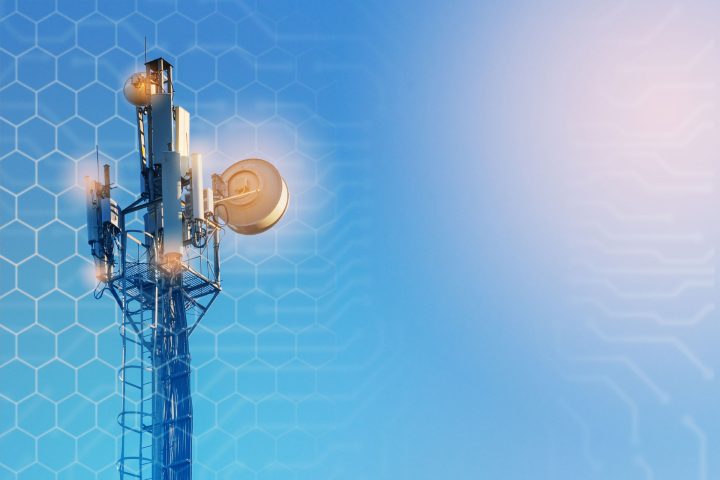5G internet is a hot topic right now, with companies talking about how it will revolutionise mobile data, with speeds of up to 1Gbps delivered directly to your mobile phone. It’s easy to get excited about this, until you realise that streaming data at 1Gbps would eat up an entire 10GB monthly data contract in 80 seconds, or that streaming Netflix in full 4K UHD requires just 25Mbps, leaving 97.5% of your 1Gbps connection unused. However, 5G is about so much more than faster download speeds, and the UK is on the brink of a technological revolution – with Worcestershire among the leaders in the 5G roll-out.
Most people will be familiar with the term ‘4G’ – it refers to the current generation of mobile network technology that is in currently in place. Although it theoretically offers download speeds of up to 300Mbps, current 4G networks typically provide a maximum speed of around 20Mpbs in most situations. Even then, during peak hours or in busy areas, 4G connections can slow to a halt, frequently dropping to borderline unusable speeds. 5G changes this.
In addition to the significant increase in download (and upload) speeds, 5G offers a massively increased capacity, supporting up to 1 million connections per square kilometer – even without adding any new transmitters, one of the major UK mobile networks estimates that their 5G coverage will have thirty times the capacity of their current 4G network.
Looking at the expanded capacity and increased speeds of 5G, it’s clear to see how this will benefit people while on public transport or working away from the office, but to see how 5G will really shape the future, we need to look beyond mobile, and into homes and workplaces across the country, where the revolution of a superfast, wireless internet connection will take place.
While 4G can achieve decent speeds for both home and work use, its limited capacity means that it has never truly been able to compete with fixed line broadband. Currently, to achieve superfast broadband speeds, the only real solution for most people is a fibre-optic or cable connection from your local telecom provider – that’s if it’s even available at all.
Along with the considerable expense of installing and maintaining such networks up and down the UK, there are still large patches of the UK where superfast broadband is just a pipe-dream. Home and business users are required to take out costly line rental contracts, regardless of whether they actually need a landline phone, and even the strongest phoneline is only ever a storm away from being blown down.
5G turns this on its head. For the first time ever, fixed wireless access (FWA) will be a genuine competitor to the status quo of fixed line broadband. Rather than rely on connecting your router to a landline, superfast broadband will be delivered directly to your router over 5G, which in turn will be broadcast securely to every Wi-Fi device in your home. The rapid growth of TV, gaming and music streaming services, along with ever-increasing demand for smart technology in the home/workplace, will mean that fast, stable and affordable superfast broadband access will soon become a necessity, rather than a luxury.
Current estimates are that 5G will be able to consistently deliver speeds of up to 100Mbps to FWA networks across the UK – by comparison, average speed of a UK fixed-line broadband connection is around just 50Mbps. Combining the expanded coverage, lower roll-out cost and improved performance of 5G FWA, we could be looking at the biggest technological leap since mobile internet was first introduced.
While widespread 5G use is still a few years off, the first 5G handsets are already on the market, and several major manufacturers are planning to debut their 5G handsets in early 2020. What’s more, Worcestershire is at the forefront of the 5G roll-out in the UK, and has been selected as one of only six 5G Testbeds across the country, after a successful bid by the Worcestershire Local Enterprise Partnership.
When we look back at the UK’s ever-changing technology landscape, the introduction of 5G will be a landmark to be remembered for a long time to come.




